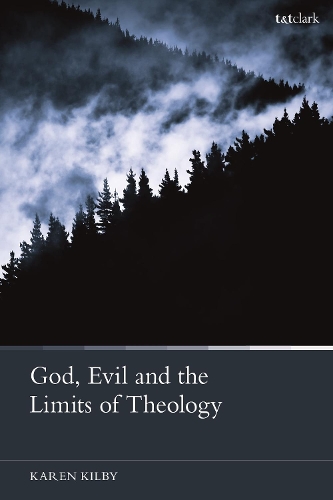
God, Evil and the Limits of Theology
(Paperback)
Publishing Details
God, Evil and the Limits of Theology
By (Author) Dr Karen Kilby
Bloomsbury Publishing PLC
T.& T.Clark Ltd
23rd September 2021
United Kingdom
Classifications
Tertiary Education
Non Fiction
Christianity
231.044
Physical Properties
Paperback
176
Width 154mm, Height 234mm, Spine 12mm
260g
Description
Karen Kilby explores the doctrine of the Trinity and issues of evil, suffering and sin. She offers a critique of the lack of respect for mystery found in the most popular Trinitarian thinking of our time. Kilby gives an apophatic reading of Aquinas on the Trinity and offers a distinct next step in the sequence on the Trinity the appeal of social doctrines of the Trinity lies principally in their ecclesial and political relevance. She engages with Miroslav Volfs famous The Trinity is our social program essay and addresses the question of what an alternative politics of an apophatic theology of the Trinity might look like. The essays explore the question of theodicy and argue that evil poses a question to Christians and Christians theology which can neither be answered nor dismissed. Kilby argues that Christians must live with this mystery, this lack of resolution, rather than trying to diminish the gravity of evil, or allowing evil to dictate their conception of Gods goodness or power. By offering a critical reading of Hans Urs von Balthasar and Julian of Norwich she explores the question of whether Christianity can avoid giving a positive valuation to suffering, and concludes the two represent two different strands within the Christian tradition in relation to thought on suffering.
Author Bio
Karen Kilby is Bede Professor of Catholic Theology at Durham University, UK.
